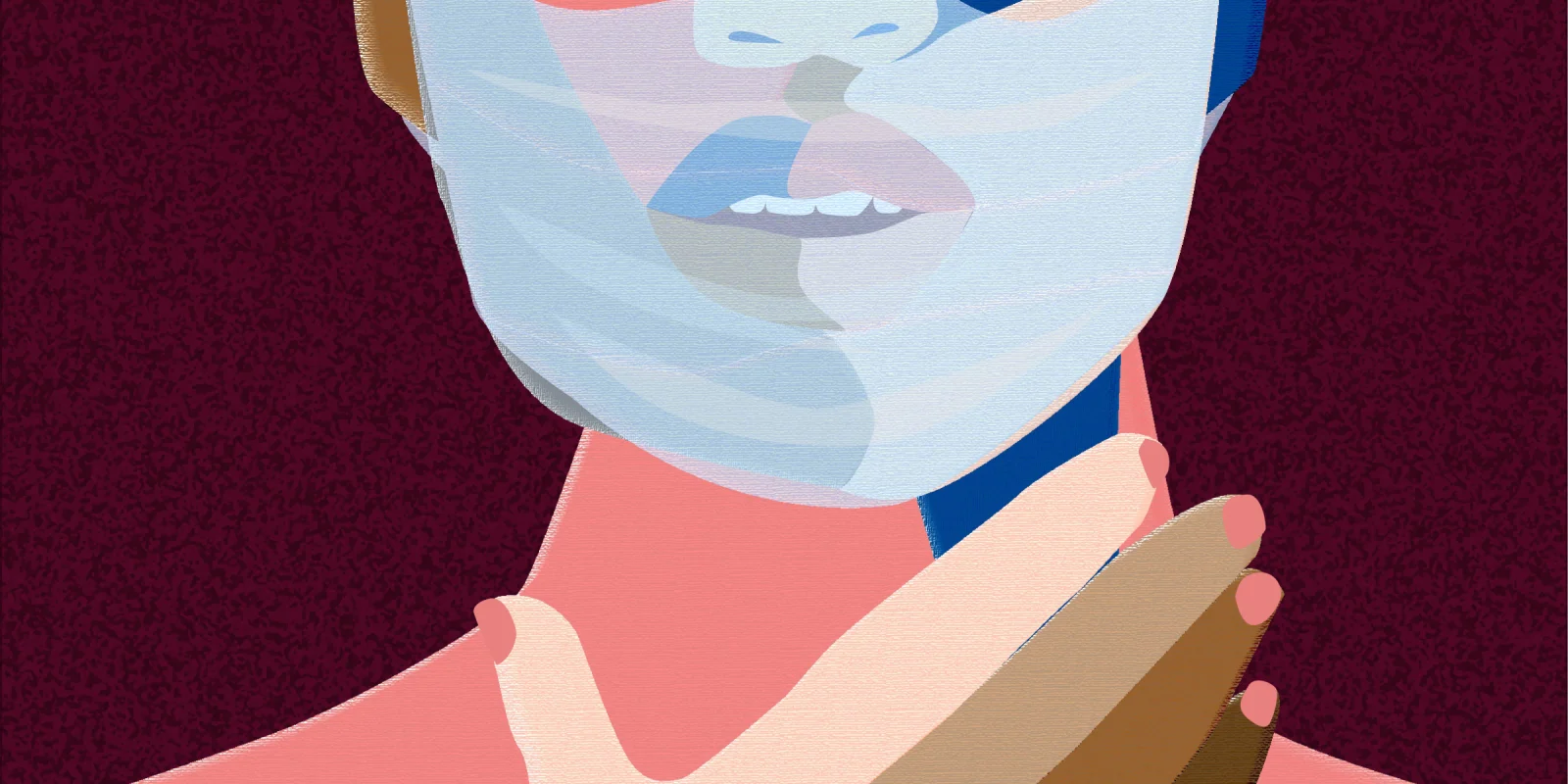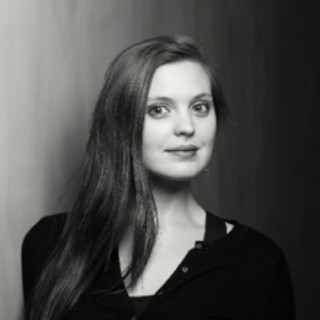Before Memorial Day, I was the kind of medical professional who kept her mouth shut. This was before I had technically graduated, that strange limbo between knowledge and agency. It was that time when final-year medical students found themselves at the periphery of a pandemic, still having to look up proning and positive end-expiratory pressure, with waning practical skills, and too much time for reflection.
In the hospital on clerkships, I avoided conflict like the plague, one comparable to COVID-19. I wanted to be in and out of medical school, ride waves rather than make them. Get in, get through, get out. In this survival mode, silence became my retaliation, the dissociation of self-preservation; even as I was being yelled at or publicly pimped, my mind would go somewhere else. At first, I would look away; then, I learned to act as if I were unable to hear or speak. Knowledge would blank from my mind, so I could not offer the answers even as they were asked. I could not salvage a peer being pressed by the weight of the medical establishment, with its requisite humiliations bordering on abuse and — sometimes — outright abuse: grasped thighs, rubbed shoulders, indignities small enough to pass as accidents.
The hospital is our society in microcosm, and I saw what happened to someone else, someone darker, someone more marginalized. I saw the various micro- and macroaggressions, the thinly veiled and awkwardly well-meant misogyny from attendings, racial slurs from and towards patients, the tensions of caring for patients who took the liberty to comment on women's appearances, or any of the other shuddering internalized racism, sexism, elitism, and additional -isms that punctuated clerkship training. When I saw these things that coiled my insides around one another, I still stayed silent. I survived.
Why silence? I am a writer, and I am fully aware that my weapon is my voice, that words can be wars waged bloodlessly. Perhaps it seemed that to say something — anything — would make me a snowflake, suggest I had anything other than the thickest of skins. It would confirm that I was prey, a possible subject of ire or -ism. I sideswiped the spotlight to stay out of view, typically too close to the aggressors for comfort; I didn’t have the energy to speak, rendered complicit for self-preservation, or — if I'm honest — fatigue. Later, I would sit in various stages of shock, recounting snippets of stories to my friends and my comrades. It would be whispered, joked about, drowned with alcohol and other forms of self-immolation. It would be disguised behind photos of me in a bikini while I smiled unprofessionally, ecstatic to be by the sea or otherwise away from the hospital.
Inevitably, I would be asked why I didn't say something, anything. It's your duty to report, to observe, to call out injustice. The administration was coy, gentle, and impotent; there were forms to fill out, they said, somewhere, an online outlet. You could stay anonymous. You could report it. I would entertain this idea in my mind, rolling it through scenarios like a marble through a series of Rube Goldberg machines; if this, then what. What good might it do? The conclusion was always the same, some iteration of the status quo, the inertia of establishment. So-and-so was still here after dating a student. So-and-so was still here after telling a resident she may as well have shot the patient after committing a medical error. So-and-so was asked not to give a lecture anymore after saying a racial slur. So-and-so who had done such-and-such always seemed to stay.
Silence is the luxury of my privilege. Privilege to be the daughter of doctors, to have the skin of a ghost, to be invisible and recede into shadows and repeat, like a mantra, I’m not here, I don't see this, this isn’t happening — only to later wonder why this is happening and shrug. It is happening, and I am silent. The die is cast, and I am powerless.
George Floyd’s last words were, "I can’t breathe." He had said it over 20 times. Something shifted, seismically, on Memorial Day. The change was palpable. From one day to the next, the silence transformed from a fiction of harmless self-preservation to a silence that sides with the aggressor. The months of a brewing pandemic, too, had twisted something, watching as the Upper East and West Sides fled, and the contagion unfolded, disproportionately claiming the lives of George Floyds and Breonna Taylors and Atatiana Jeffersons and Aura Rossers and Stephon Clarks and Botham Jeans and Philando Castiles and Alton Sterlings and Michelle Cusseauxs and Freddie Grays and Janisha Fonvilles and Eric Garners and Akai Gurleys and Gabriella Nevarezs and Tamir Rices and Michael Browns and Tanisha Andersons and Elijah McClains and the list goes on and on.
Silence, historically, has only ever been a blessing to the powerful. Silence is a form of permission; it condones; it is an enabler of the worst of human impulses. Residency seems as good a time as any to find a voice that speaks truth to power, especially in the militant silence of medicine, which rewards enablers with various accoutrements of the hierarchy — recommendations, advancements, administrative positions with multimillion-dollar salaries.
But we are young, and we are angry, and we are watching people die, and we are not indifferent, and we know better. We know that Black lives matter; that our patients matter. We are the doctors with white coats, whether we choose to wear them or not, and we have vocal cords as well as eyes. It is a new privilege and a new power to be an advocate as well as an ally. To act as well as observe, to make waves as well as weather them. Bearing witness is for ghosts, I am heart-pump, and kidney-filter, and mind-mush, and voice-box, and I have a duty to speak up and act out and take to said heart-pump the words of Hillel the Elder — “If I am not for myself, who will be for me? If I am only for myself, what am I? If not now, when?”
Tara Richter-Smith, MD, graduated from NYU School of Medicine this past spring. She is in her intern year, also at NYU School of Medicine, and will begin her residency in anesthesia in July.
Illustration by Yi-Min Chun







